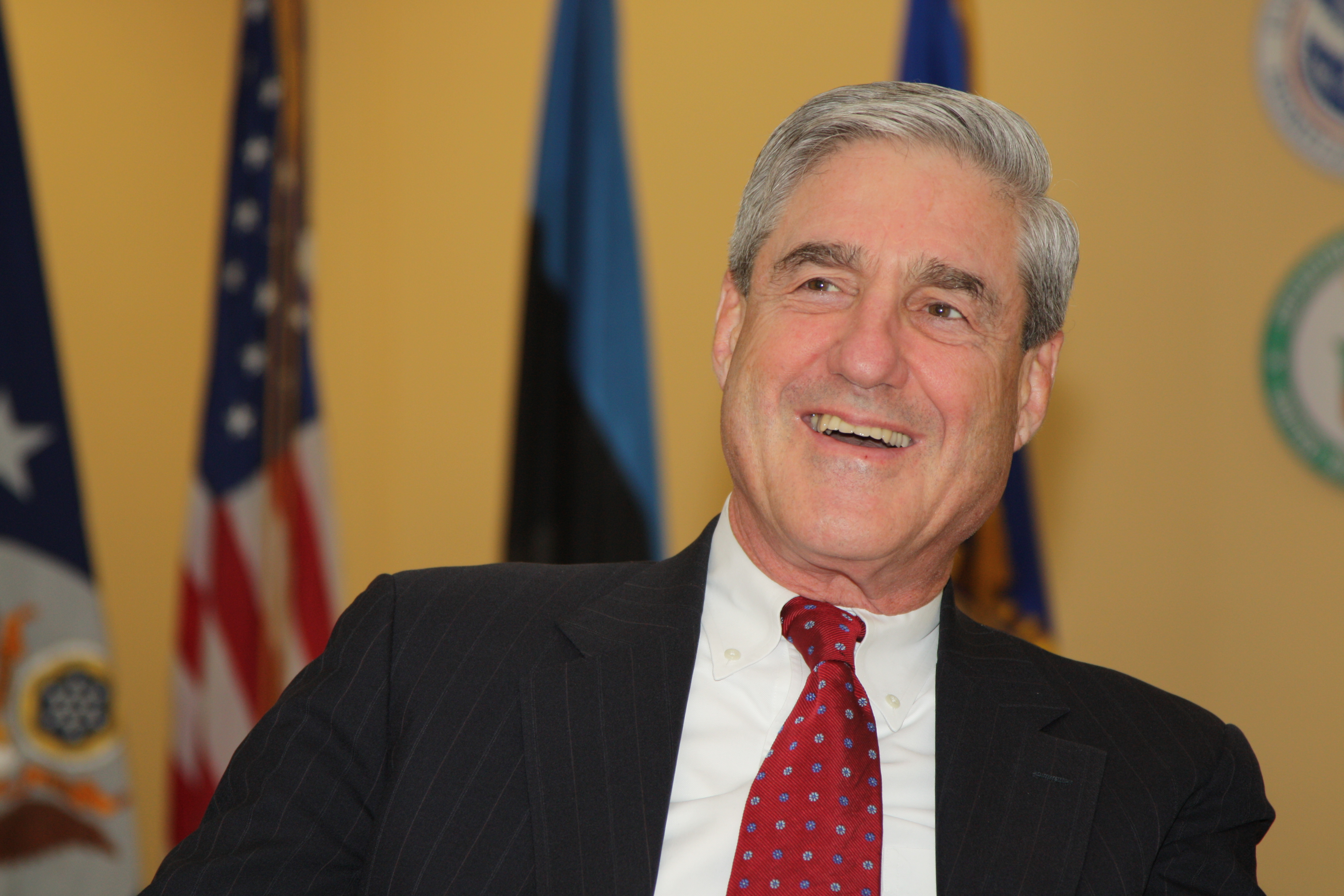Political Branch Determinations and Conflict Pre-9/11: Motion to Dismiss Denied in Al-Nashiri
Published by The Lawfare Institute
in Cooperation With

And here's the decision's operative part:a. Existence of Hostilities as a Question of Fact. Whether hostilities existed on the date of the acts alleged to have been committed by the accused is as much a function of the nature of hostilities as any particular legally significant act by either the legislative or executive branches of government. Whether hostilities existed on the dates of the charged offenses necessarily is a fact-bound determination; moreover, whether a state of hostilities existed is as much a function of the will of the organization to which the accused is alleged to belong to as the U.S. government. In determining whether hostilities exist or do not exist, the enemy gets a vote. Whether Al Qaeda, the organization of unprivileged enemy belligerents to which the accused is alleged to be a member, considered itself to be at war with the United States on the date of the alleged law of war violations is a factor among many to be considered by the trier of fact and is as relevant as any judgments made or withheld by the President or the Congress.
b. Existence of Hostilities as a Question of Law.
(1) Congress, with the President’s concurrence, has impliedly made a political judgment regarding the existence of hostilities through its recognition of military commissions as a forum for adjudication of violations of the laws of war occurring “before, on, or after September 11, 2001…” 2009 MCA, §948d. Implicit in a plain-meaning reading of this statutory language is Congress’ recognition of the fact that violations of the law of war might have occurred during a state of hostilities existing prior to the attacks of September 11, 2001, and the United States Government had simply been slow to recognize the existence of a state of hostilities then existing between the United States and Al Qaeda and its affiliates and franchises. To wit, in World War II, hostilities began the moment the first bomb was dropped on Pearl Harbor, not the next day when Congress declared war.
(2) In support of its position, the Defense cites Al-Bihani v. Obama, 590 F.3d 866 (D.C. Cir 2010). In fact, Al-Bihani supports the government’s interpretation in this case. A unanimous panel of the U.S. Court of Appeals for the District of Columbia Circuit noted:
The determination of when hostilities have ceased is a political decision, and we defer to the Executive's opinion on the matter, at least in the absence of an authoritative congressional declaration purporting to terminate the war. Al-Bihani urges the court to ignore Ludecke's controlling precedent because the President in that case had pronounced that a war was ongoing, whereas in this case the President has made no such pronouncement. We reject Al-Bihani's entreaty. A clear statement requirement is at odds with the wide deference the judiciary is obliged to give to the democratic branches with regard to questions concerning national security. In the absence of a determination by the political branches that hostilities in Afghanistan have ceased, Al-Bihani's continued detention is justified. Al-Bihani v. Obama, 590 F.3d 866, 874-5 (D.C. Cir. 2010), quoting Ludecke v. Watskins, 335 U.S. 160, 168-70 & n.13 (1948)(“Termination [of a state of war] is a political act.”).
Under the “wide deference” standard, the two political branches’ collective determination, evidenced by passage of the statute and its signing into law, that hostilities with al-Qaeda in Yemen commenced prior to the date of the first act charged against the accused in this case is entitled not to be second-guessed by the judiciary. As the political branches have authority to determine when hostilities have ceased, Al-Bihani at 875, so must they have corollary authority to determine when hostilities began. The political branches may make this assessment even when such a determination is not stated as a date certain, but rather is approximated by the use of the temporal language in the 2009 MCA’s jurisdiction provision – “…any offense made punishable by…the law of war, whether such offense was committed before, on, or after September 11, 2001…” 2009 MCA §948d.
4. Findings.a. Question of Fact. Whether hostilities existed between Al Qaeda and the United States on the dates of the accused’s alleged acts is a question of fact and an element of proof, which must be carried by the government.
b. Issue of Law.(1) Whether hostilities existed between Al Qaeda and the United States on the dates of the accused’s alleged acts is a jurisdictional question subject to purely legal determination under a “wide deference” standard;
(2) The political branches have made a determination that hostilities existed between al Qaeda and the United States prior to September 11, 2001 and on the dates of the alleged offenses, evidenced by the passage of the 2009 MCA, the referral of charges in this case, and the litigation of this case since arraignment; and
(3) The political branches’ collective determination is entitled to judicial deference by this commission.
Accordingly, AE 104 is DENIED without prejudice, with leave to file for reconsideration at an appropriate time.
***
A few quick points here. First, the court takes Section 948d's "before, on, or after September 11, 2001" language to be a political acknowledgment that (past statements notwithstanding) the United States could have been engaged in "hostilities" with al-Qaeda in Yemen, in the period just before and including the attempted bombing of the Sullivans and the successful bombing of the Cole: "Implicit in a plain-meaning reading of [948d] is Congress’ recognition of the fact that violations of the law of war might have occurred during a state of hostilities existing prior to the attacks of September 11, 2001, and the United States Government had simply been slow to recognize the existence of a state of hostilities then existing" (emphasis supplied). This deserves deference, in the court's view, and warrants rejection of al-Nashiri's threshold challenge. (Query just how far back in time 948p's retroactive language can be understood to go.) But the theoretical possibility of past hostilities is only half of the story, as 948d merely asserts jurisdiction over offenses committed prior to 9/11; that provision certainly does not say that, at the relevant time, the United States actually was engaged in MCA-sufficient "hostilities" against al-Qaeda in Yemen. And that is the issue raised by the defense, under 950p(c). On that score, the opinion's references to the "trier" and "question[s] of fact" suggest agreement with an argument advanced by the prosecution---that 950p(c) describes an element comment to all commission offenses, and thus preserves the "hostilities" question for resolution at trial by the commission members. Judge Pohl's discussion also makes clear that members can consider al-Qaeda's own declarations of war, as much as any other evidence, in deciding whether hostilities in fact were ongoing at the times relevant to al-Nashiri's case. That takes us to the motion's disposition by the court: it leaves open the possibility of re-filing the same challenge "at an appropriate time." What might this mean? There's zero chance of the political branches ever joining hands and proclaiming, retroactively, that the United States and al-Qaeda were not engaged in MCA-sufficient "hostilities" during the time period described in the charging documents. Perhaps the court means that al-Nashiri can file a post-trial motion, and challenge any adverse "hostilities" finding as contradicted by the presented evidence?




